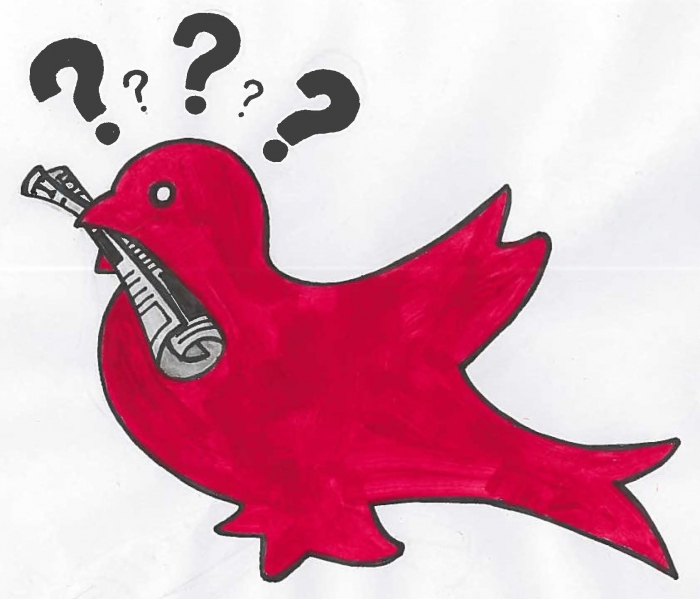For the 12th year in a row McGill is ranked first in Canada by Maclean’s magazine among all research universities. Internationally, McGill is ranked 30th in the 2016 QS World University Rankings, 42nd in 2016-2017 Times Higher Education World University Rankings, and 63rd by the Academic Ranking of World Universities. Why are the rankings so different and what are they really telling us?
What methodologies are used to rank universities?
Over the years, Maclean’s has evolved a ranking methodology that splits the final score into five variables: Students, 28 per cent; faculty, 24 per cent; Resources, 20 per cent; Student support, 13 per cent; Reputation, 15 per cent.
Other university rankings give different weights to the variables. Unlike Maclean’s, QS World University Rankings weighs academic reputation at 40 per cent and takes into account international faculty and student to faculty ratios. Times Higher Education World University Rankings splits their reputational survey into teaching and research. When added together, the reputational surveys account for 33 per cent of a university’s total score.
While some variables rely on numerical data from student numbers, university finances, and grants, other variables do not. Maclean’s gathers data for its reputation variable through a survey that gauges the opinions of university faculty, senior administrators, and high school guidance counsellors on how well universities meet the needs of students and how prepared their graduates are. As a result, the data gathered for rankings can be subjective.
According to Erin Sobat, vice-president (VP) University Affairs of Student’s Society of McGill University (SSMU), rankings do not paint a well-rounded picture of a university.
“The fact that McGill continues to top these lists despite failing infrastructure and insufficient support services is obviously a kind of feedback loop,” Sobat wrote in an email to The McGill Tribune.
Sobat attributes McGill’s high placement in rankings to its academic excellence.
“Our reputation attracts strong students and professors, [which] in turn contribute to the academic awards, research grants, and citation counts that make up this reputation,” Sobat said.
How do rankings affect McGill?
According to Provost and Vice-Principal (VP Academic) Christopher Manfredi, ranking considerations do not drive policy at the administrative level.
“We strive to be excellent in everything we do—teaching, research, student life, service to our communities—and we adopt policies to achieve that goal,” Manfredi wrote in an email to the Tribune. “We believe that success in achieving that goal will eventually be reflected in rankings.”
Jocelyn Younan, an associate registrar at McGill Enrolment Services, noted that students take rankings into consideration when applying to university.
“Whenever we ask students why they decided to apply to McGill, reputation, rankings, [and] academic programs are answers that come up frequently,” Younan wrote in an email to The McGill Tribune. “Applicants also compare similarly ranked institutions and use that as a starting point to select where to apply.”
When deciding where to spend their education, students consider aspects other than the academic excellence of the institution.
“When it comes to accepting an offer of admission, many other factors influence [students’] decision and these will vary greatly,” Younan wrote. “Cost of education and cost of living, location, safety, internships and exchange opportunities are common factors we hear from students.”
Though methodologies may vary and are not an exact science, rankings can still be an indicator of what to expect at a university.
“Our generally strong performance in a variety of rankings is testament to how hard the entire McGill community works, despite financial challenges, to remain one of the world’s leading universities,” Manfredi wrote.










Well yes, asking guidance counsellors whether McGill fulfills their students’ needs is technically subjective. But when most students do tell their guidance counsellors that they enjoy McGill then isn’t that the whole point of a good school in general? Pretty much all of the schools that rank above McGill have endowments several times bigger than McGill. That isn’t anything subjective and for sure isn’t a coincidence.